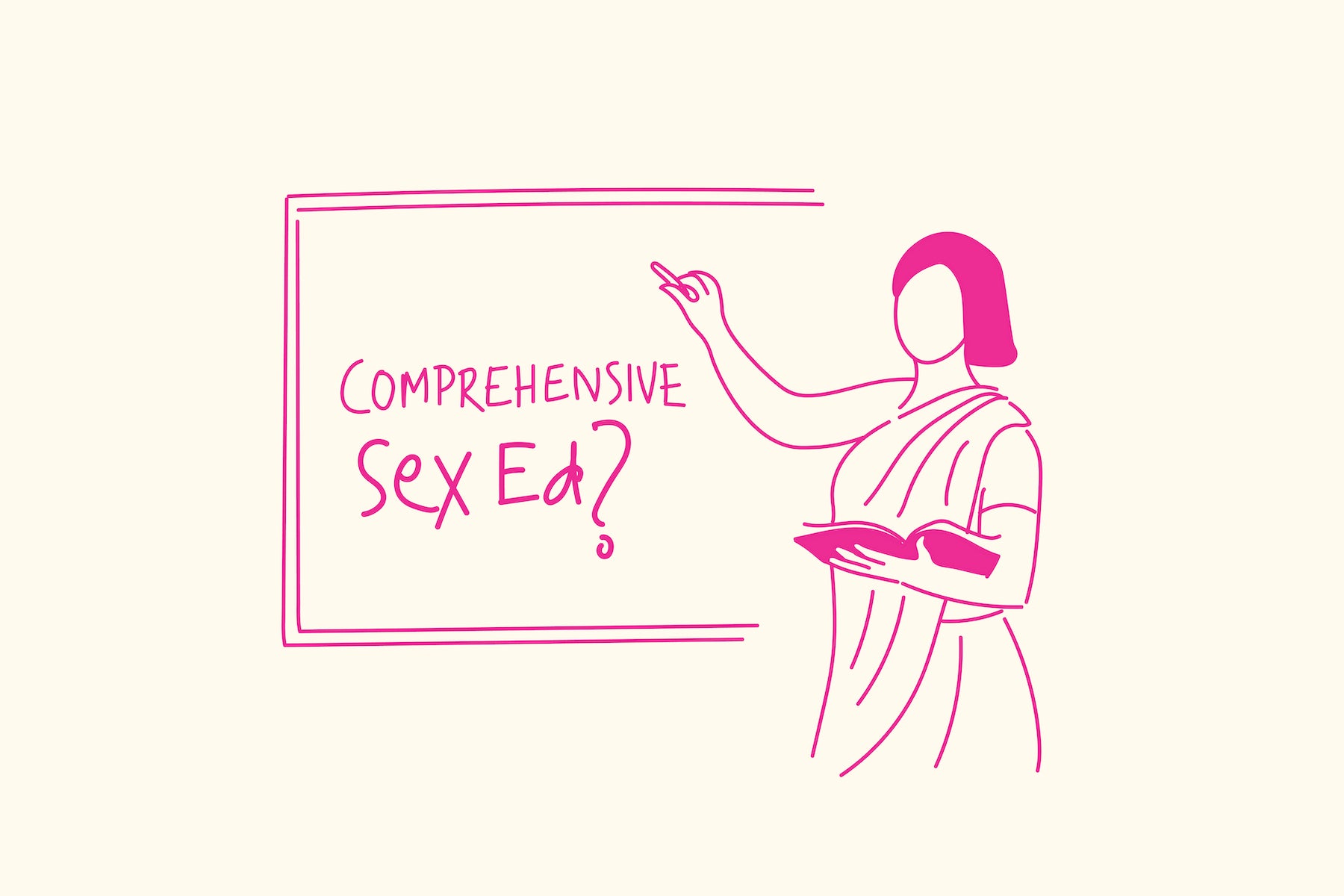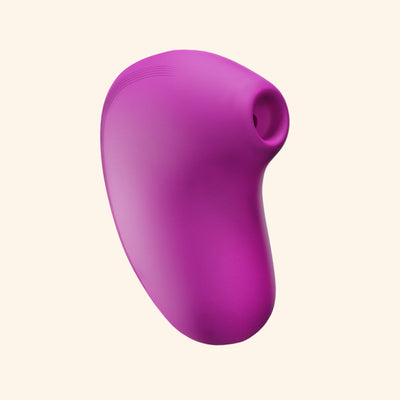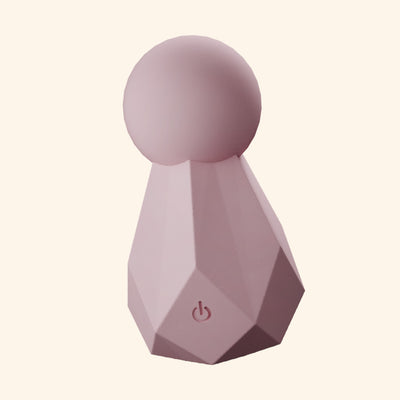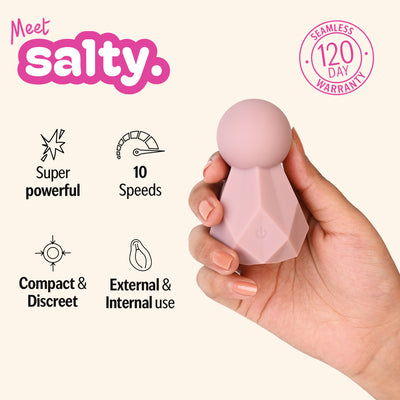Your cart is currently empty

Back in school, we used to stand in two separate lines while going for the school assembly. “One for girls and one for boys”, was an instruction specified clearly. Some of us might also have been made to sit with people of the ‘same gender’ or shamed for having talked to our friends from the ‘opposite gender’. Sounds familiar? We’ve been subjected to gender norms ever since we were born. The kind of clothes we wear, the toys we play with, our hair, the way we talk or emote—it could either be masculine or feminine. Good or bad, boy or girl, right or wrong; our existence was either binary or it wasn’t. This was just one side of the coin. The other was the stigma around the word ‘sex’, or anything remotely related to it. So, even though your 8th standard reproduction chapter talked about a penis and a vagina, they didn’t cover how this influences your identity and relationships in the long run.
We spoke to Vedica Saxena (Instagram: @vedicasaxena), the Project Director at Tagore International School, Vasant Vihar, Delhi. Their Breaking Barriers initiative (Instagram: @breakingbarrierscampaign) was introduced in 2013, as a sustainable, human rights-based outreach program with a simple objective—to impart gender & sex education and sensitize students about the LGBTQIA+ community. “ Sex/Gender education is not just about male or female; we should go beyond it and talk about transgender and intersex folks as well. Hence, they (children) should know the difference between gender and sex. The schools should teach them that these concepts are not the same”, says Vedica about the need for awareness around these topics in educational spaces. She correctly pointed how sex education is often viewed through a privileged lens when it should be “a basic necessity for children at all levels, across rural & urban spaces.”
An interesting aspect regarding gender education was brought forward, viz. ‘The Genderbread Person’ - a gender-neutral relative of the kids’ beloved character. This visual aid has been effective in teaching them about sex, gender identity & expression, attraction, and sexual orientation. On the same lines, Vedica mentions, “Your entire personality has got to do with your heart, the brain/mind, and the body. People need to understand why a trans, queer or non-binary person feels the way they do. This basic awareness around sex & gender should be first taught to/learned by the educator themselves, and they shouldn’t shy away from speaking about it with their students. Today’s generation has Google on their side, so rather than them learning something incorrectly, it’s better if we ourselves give the right information out.”
Incorporating sex education in academic institutions, especially schools, has often been black-eyed in the past. For instance, when the Ministry of Human Resource Development decided to promote a curriculum in 2007, many adversaries claimed how sex education could ‘corrupt’ children by going against the Indian traditions. Parents too objected about them being too ‘young’; quite ironic given how the child’s very existence is a result of this 'taboo'. So, what is the ‘right age’ for a child to know about such a fundamental aspect of their life? The need for sex education was becoming increasingly imperative in India especially when India there was a significant rise in the cases of gender-based violence, sexual abuse, teen pregnancy, and STIs. The same thought had clouded Vedica’s mind for a while and since last year, she has been working on breaking the gender barriers from Nursery itself! “I started with different batches and each had its own level of knowledge that you share”, she says, “So, there is no right age because parents can talk to their younger ones without explicitly mentioning ‘gender’ or ‘sex’. By giving them gender-neutral color books, they can help get rid of the binary being imposed upon them. The kids can learn that a boy is not supposed to only wear pants or shorts, they can wear skirts while playing with a dollhouse and that’s completely valid. At the end of the day, it’s all about cultivating imagination & creativity at a young age.” Using such fun activities as reinventing their good ol’ fairy tales, we can teach kids about expressing themselves without the influence of gender norms.
Delving into the systemic issues such as bullying, discrimination, and transphobia, the roots for which can be traced back to schools. Looking at the statistics, as per the 2011 Census, the total population of transgender persons in India is around 4,87,803 with a literacy rate of 57.06%. Out of these, 54,854 transgender children were below the age of six. Technically, these children are now between the ages of 10 and 16 and should currently be in schools—but are they? “After having interacted with people from the community, the experiences have been such wherein their own families refused to accept them. In India, many still treat this (being LGBTQ+ person) as a foreign concept, a phase”, says Vedica. This is why queer affirmation is central to the idea of introducing or upgrading sex education modules across schools in India. Vedica also adds, “With the growing awareness around mental health, we have queer affirmative professionals now. Every school should ideally set up counselling cells and lay down policies against bullying so that rightful action can be taken.”
As a way ahead, there’s a lot that schools with adequate resources can do as baby steps in this direction. Firstly, there should be a gender-neutral curriculum especially in biology and psychology, focusing on inclusive language. Secondly, introduce queerness through films, art and music for students to embrace the warmth of the rainbow. Further, encourage interactions with people from the community by inviting them, thereby giving students queer role models as they grow up. Finally, gender neutrality should be a way of life for educators, only then can it be normalized for our younger folks.
To quote Vedica in the end, “It’s a long way to go, but at least people are understanding and recognizing the need for education & awareness.”
Vedica Saxena (she/her) is currently the Vice President for D&I at WICCI (Women's Indian Chamber of Commerce and Industry), New Delhi. You can learn more about her work here.
-------
{References: https://bit.ly/3FtoZ7F and https://bit.ly/3uQMmDz}
About the author
Anuja Razdan (she/her) is a student/mental & sexual health advocate based in Delhi-NCR, who is currently pursuing her Masters in Psychology from Savitribai Phule Pune University. Being a queer cis woman who is aspiring to practice as a psychotherapist in future, she hopes to essentiate a queer affirming, intersectional feminist, pleasure-positive and kink allied approach towards mental health—on a personal & professional level. All-in-all, she’s your quintessential dog lady with a blue typewriter, living three blocks away, probably writing about you.
- #All
- #beyond the binary
- #comprehensive sex ed
- #inclusive sex ed
- #LGBTQIA+
- #mental health
- #pleasure focused
- #queer affirmative
- #queerness
- #sex education
- #sex education in school
- #sex-ed
- #tagore internation school
- #unlearn and relearn
- #vedica saxena
- #WICCI
- #Women's Indian Chamber of Commerce and Industry










